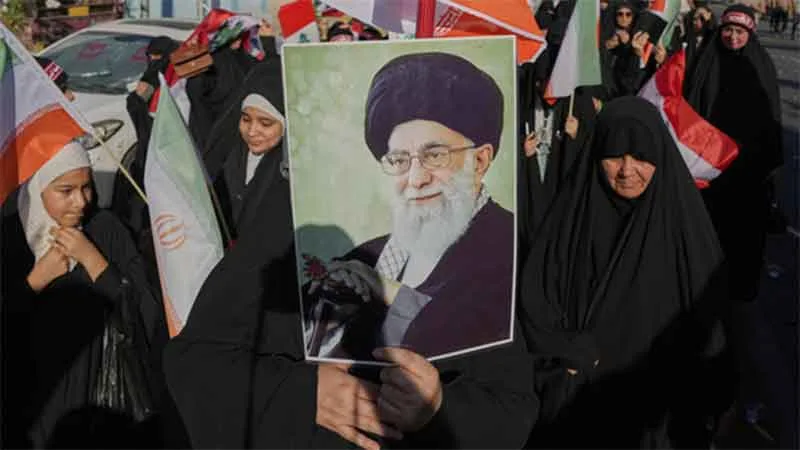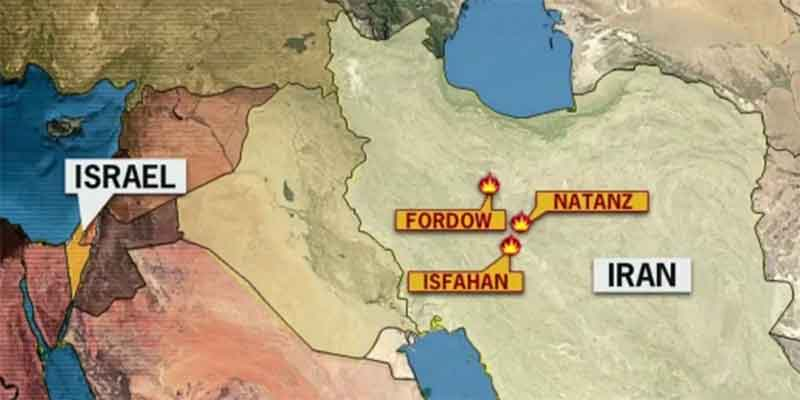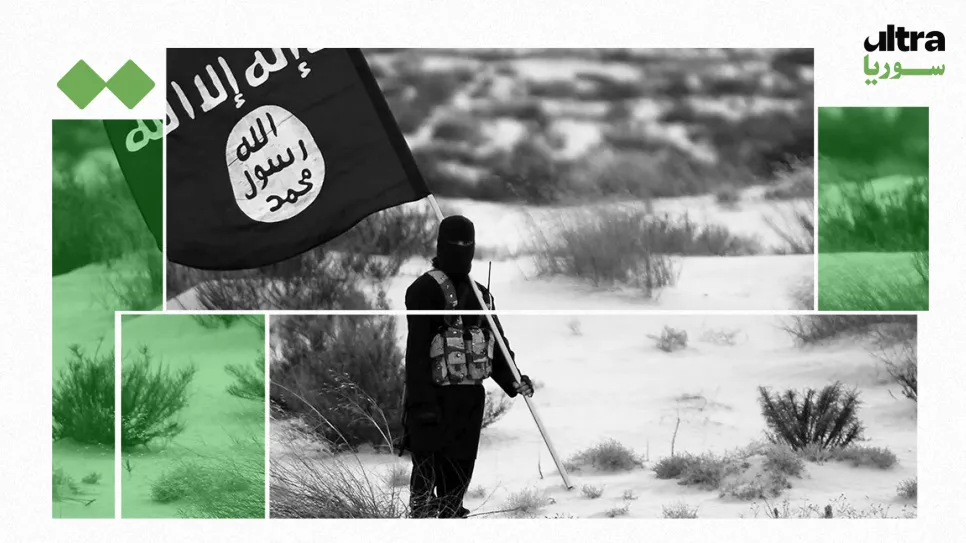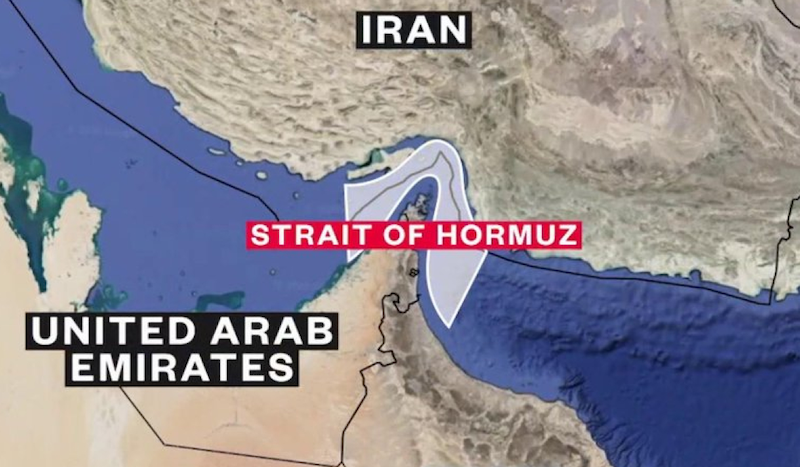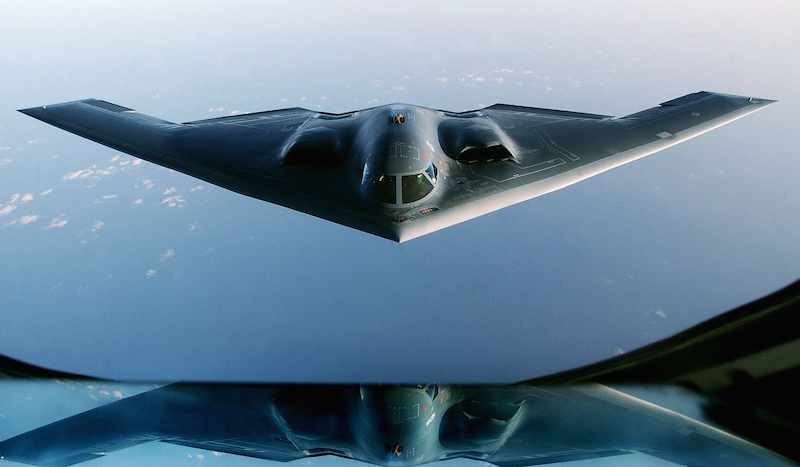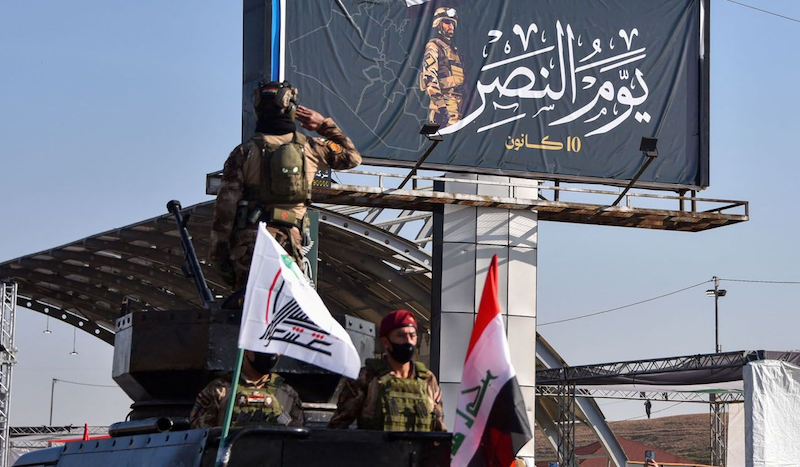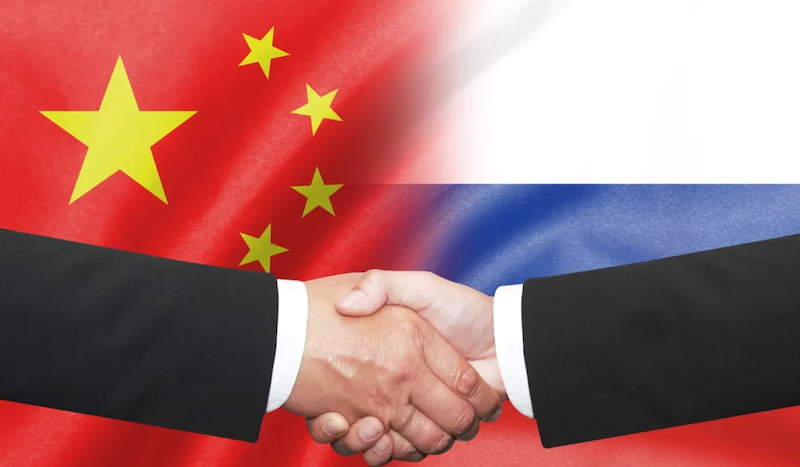Satellite images show the damage at Iran’s deeply buried Fordow nuclear site after massive US strikes
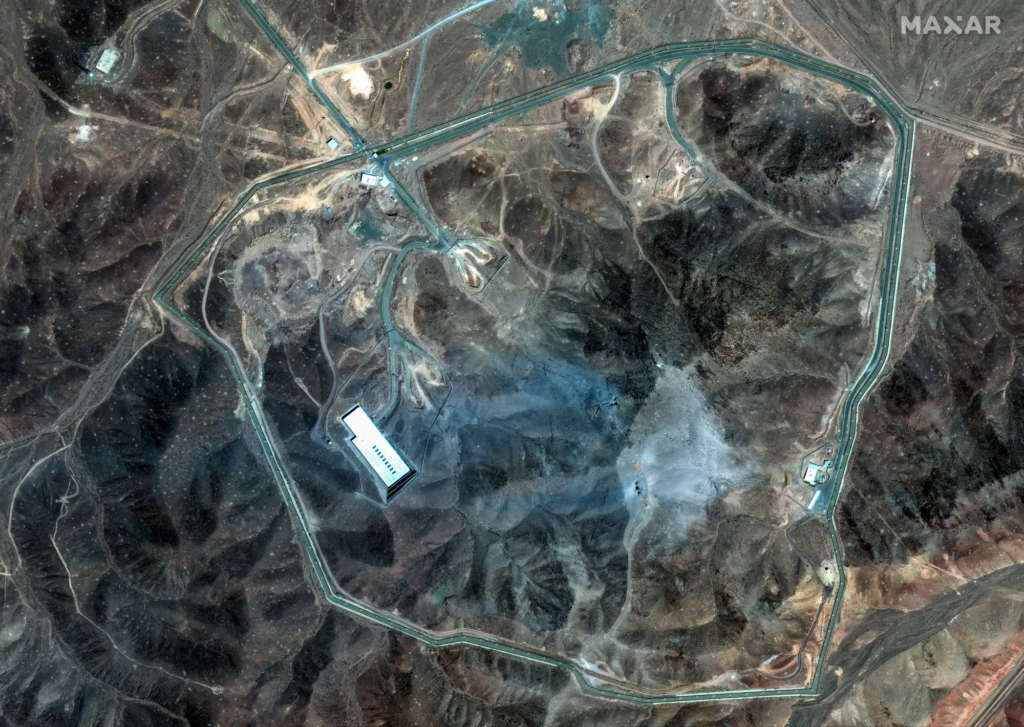
New satellite imagery reveals damage at the Fordow nuclear facility in Iran after US military aircraft bombed the site.
In the images, which were captured on Sunday by the US commercial satellite imaging company Maxar Technologies and obtained by Business Insider, several large holes or craters can be seen on a ridge over the underground complex at Fordow, south of Tehran.

